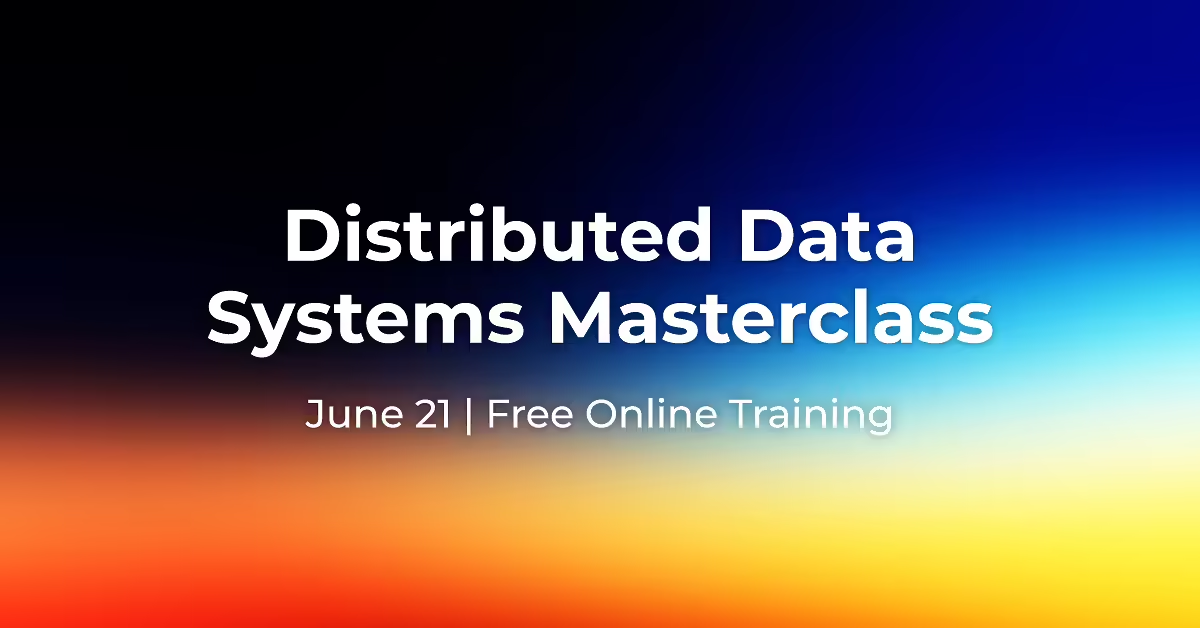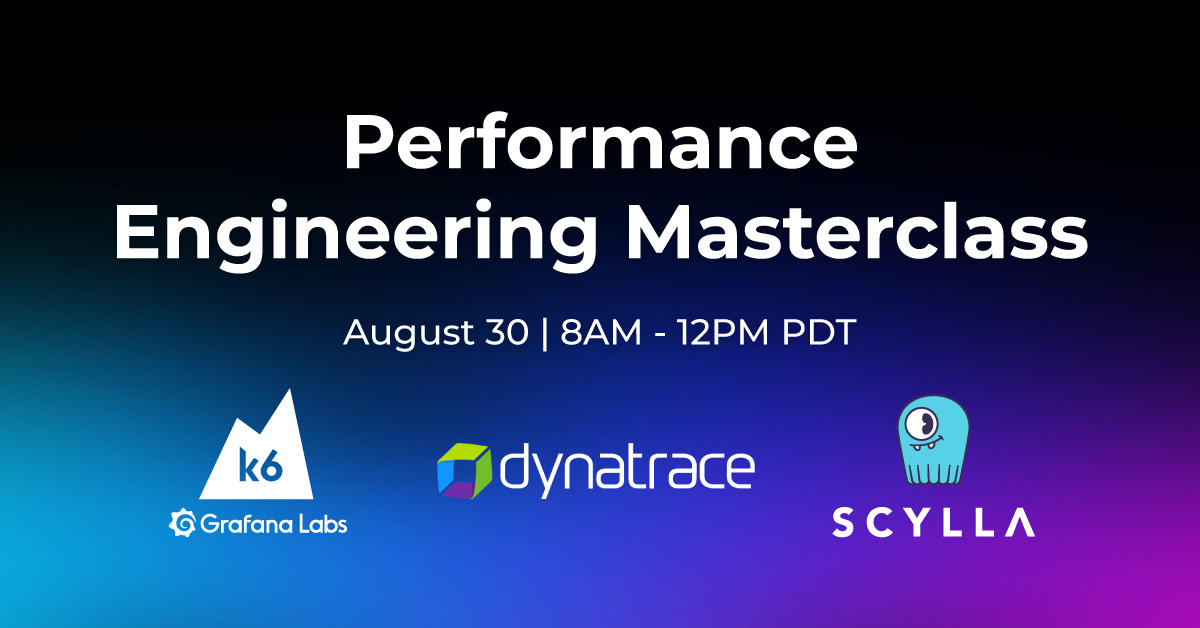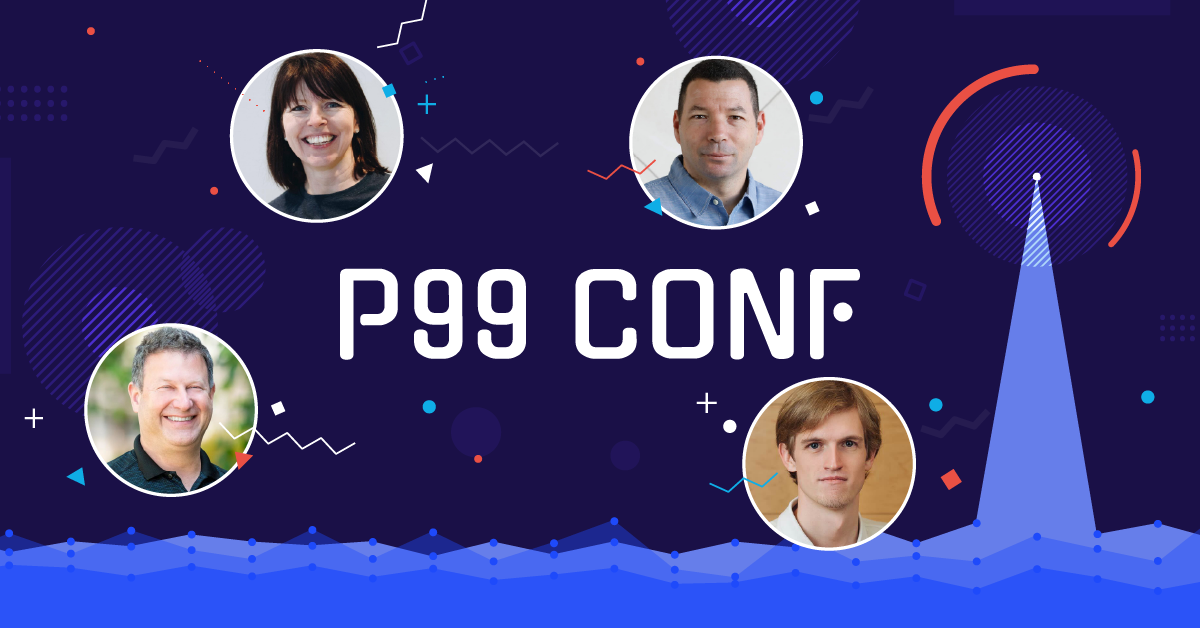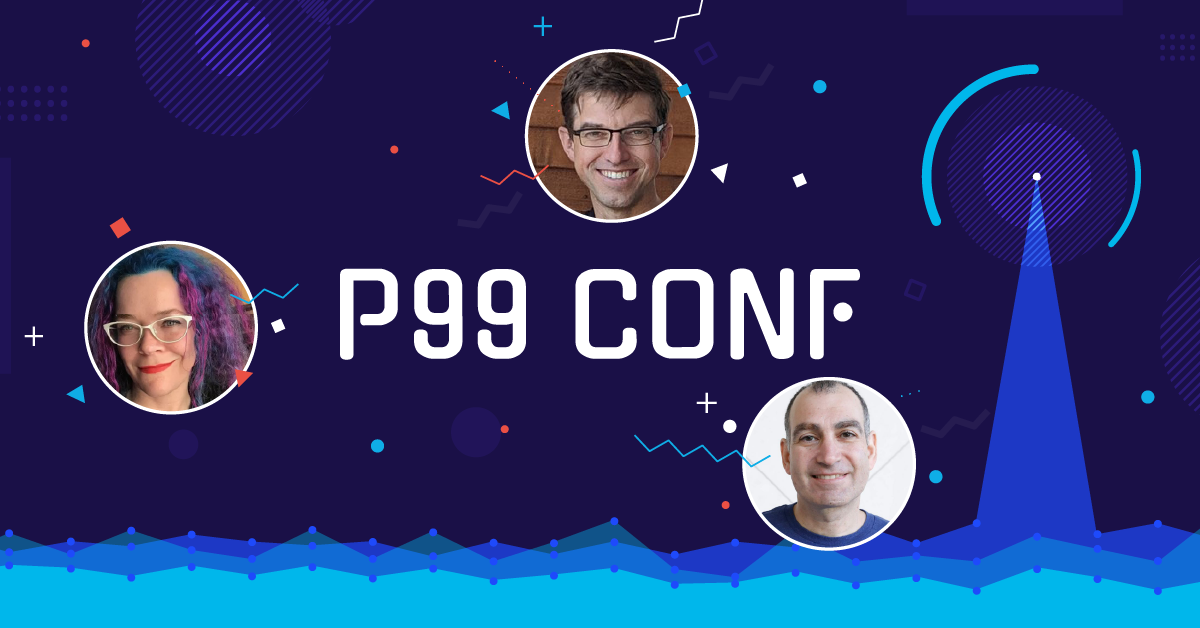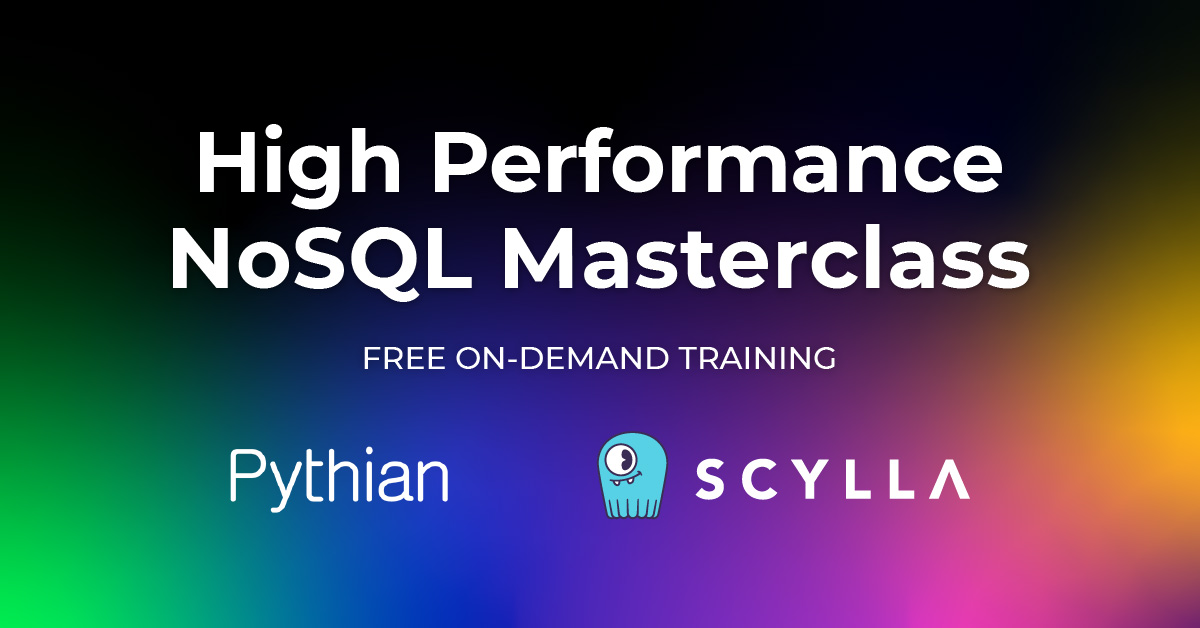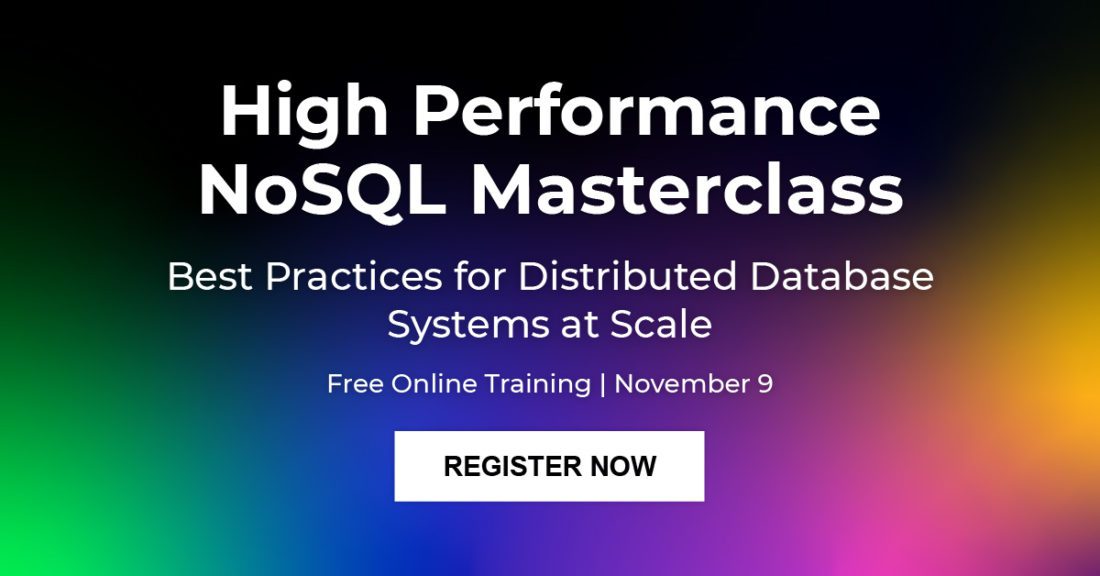
ScyllaDB is partnering with our database expert peers at Pythian to provide the community with a free, online High Performance NoSQL Systems Masterclass.
High Performance NoSQL Systems Masterclass
November 9th, 2022, from 08:00 AM to 02:00 PM PST
REGISTER NOW FOR THE MASTERCLASS
The Era of NoSQL Choice
This is the era of choice, especially when it comes to databases. A decade ago the questions all revolved around “SQL vs. NoSQL.” These days, that’s no longer the argument. You use SQL for when you need tables and JOINs. And you use NoSQL for when your data structure or queries would be hampered by sticking with a traditional SQL RDBMS. So it’s not a question of “whether” NoSQL. Instead, it’s “which” NoSQL database you want to apply to your use case. Which NoSQL database will provide the best scalability, reliability, and performance? Which will be flexible enough for your queries? Which will give you the better ROI?
At last count, DB-Engines.com tracks nearly four hundred different database systems — SQL, NoSQL, and entirely different fish altogether. Of all the NoSQL systems, it tracks and ranks 65 key-value databases, 55 document model databases, 38 graph databases, and 13 wide column databases. What complicates matters more is that many modern NoSQL systems are “multi-model,” appearing on more than one of those rankings.
So how do you choose which one is right for you? Do you try to use a single multi-model database to tackle myriad and varied use cases? Or do you try to select a different database to be best-in-breed for each use case you have? Even more saliently, will the database you use in your MVP be able to scale and keep performing for your anticipated tens or hundreds of millions of users — all within budget? Or will you have to rip-and-replace half your tech stack as your traffic starts scaling?
I’ll begin the Masterclass with a session offering a quick survey of the current state of the NoSQL industry, with a special focus on wide column NoSQL (e.g., Apache Cassandra and ScyllaDB). What use cases are they best for? What attributes do they have that make them suitable for certain kinds of workloads and data distribution models over others?
Best Practices for Wide Column Databases
For those not familiar a wide column NoSQL database is actually a row-based store. You could call it a “key-key-value” since it has a partitioning key, as well as a clustering key for sorting data within partitions. But how does it actually work? And what are some lessons learned that will help you optimize their performance?
In the Masterclass, Allan Mason, Lead Database Consultant at Pythian, will focus on the wide-column NoSQL database architecture, using ScyllaDB as an example. For those not familiar, ScyllaDB is based on Apache Cassandra and is similar to many other wide column NoSQL systems, so these skills will be transferable to other databases on the market. He’ll highlight why and how to take advantage of distributed, leaderless active-active high availability clustering models, the robust and flexible Cassandra Query Language (CQL), and the data modeling and queries it supports.
Scaling for Performance
The third session in the Masterclass will be hosted by Felipe Cardeneti Mendes, Solutions Architect at ScyllaDB. He will focus on scaling NoSQL for performance and reliability. He’ll go more into attributes of distributed database operations, deployment, and observability. There are tricks of the trade that all good NoSQL database practitioners should know, and you’ll get an insider’s view of how you can get the most out of your own systems in production.
Your Instructors
 Peter Corless Peter CorlessDirector of Technical Advocacy ScyllaDB |
 Allan Mason Allan MasonLead Database Consultant Pythian |
 Felipe Cardeneti Mendes Felipe Cardeneti MendesSolutions Architect ScyllaDB |
Let’s Chat
After the three separate sessions we’ll have all the three presenters join together for a lively conversation bringing together all these concepts. It also serves as a question and answer session for the attendees to make sure that lessons are reinforced and clarifications are given to any of the points made.
Testing, Testing, 1, 2, 3!
What separates a Masterclass from simply attending a webinar or conference is this section of the program which will test you on what you learned from each of the Masterclass presentations. Yes, there will be a test, so make sure you pay attention and don’t bury the browser tab. Though don’t worry, there are no “zingers” — all of the questions and correct answers are drawn from the materials presented during the sessions. Also, don’t sweat it too bad if you don’t pass on your first go-around; we’ll offer a retest to our attendees.
In Case You Missed It
This is the third Masterclass in our series with industry experts. In case you missed the prior events, you can watch them on-demand now:
- Our first was the Distributed Data Systems Masterclass, which makes the case for having high performance event streaming systems and a NoSQL database that can keep up with the massive real-time data pipelines they enable. For that, we partnered with industry expert Maheedhar Gunturu and our friends at StreamNative.
- The second was the Performance Engineering Masterclass, which we hosted with our friends at Dynatrace and Grafana k6. This Masterclass focused on operational requirements for observability, tracing and load testing on modern distributed
Sign Up Today!
This is going to be a great opportunity to deepen your professional skills and knowledge. Both the teams at ScyllaDB and Pythian are looking forward to hosting you on November 9th! Don’t hesitate. Sign up today.

